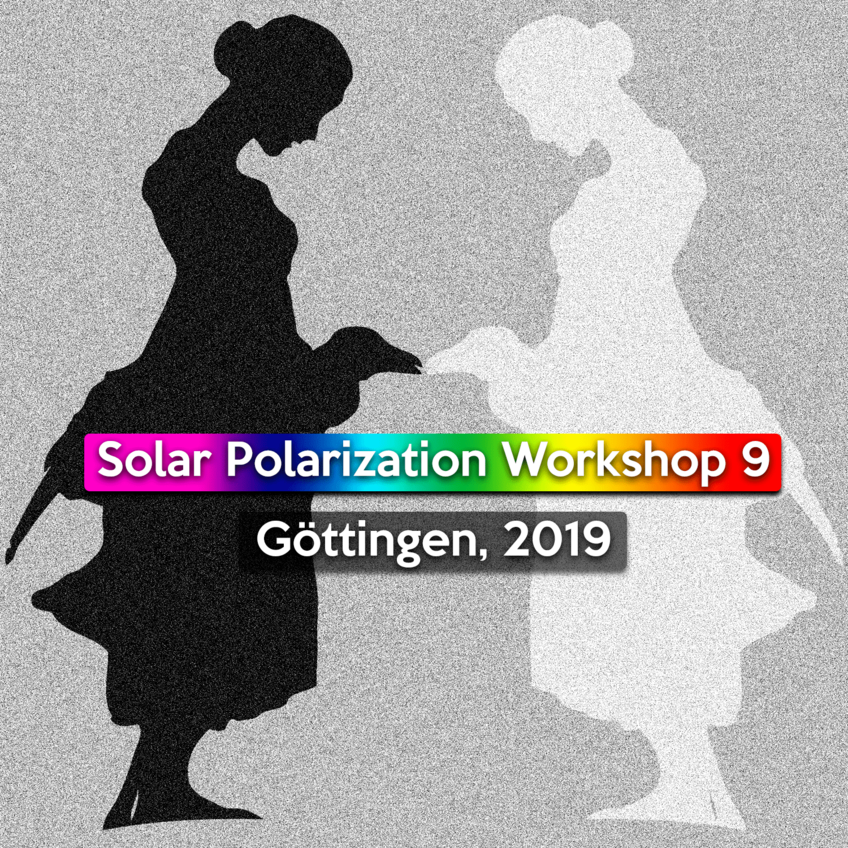
Welcome Address
On behalf of the organizing committees of the Solar Polarization Workshop #9, it is our pleasure to welcome you at the Max Planck Institute for Solar System Research in Göttingen, Germany, in August 2019.
Following the concept of the Solar Polarization Workshop (SPW) series, which started in 1995 in St. Petersburg, the 9th edition of this workshop will be dedicated to all aspects of measuring, understanding, and interpreting the polarization of sunlight.
As such, SPW9 is not per se a workshop on solar magnetometry, but rather a platform to discuss the physical, technical, and computational foundations of magnetometry of our star.
In the ninth episode of SPW, which happens right at the dawn of a new era of solar observing facilities on ground and in space, we want to draw a picture of the state-of-the-art of solar polarimetry.
The main emphasis will be the identification of our current limitations and of the necessary intellectual and technical investments, which bring us in line with the enormous challenges in our attempts to measure and interpret polarization in a parameter regime, which so far has been hidden from our views, but which will be accessible with our new infrastructure.
The workshop aims in detecting - and if possible solving – current inconsistencies between modelling and observations. It will set the scene for reviewing the current state and necessary developments in the full chain of solar spectro-polarimetry: physical foundations of light-matter-interaction, 3d-radiative transfer of polarized light, novel technical concepts for measuring polarization, and data analysis in times of “big data” in solar physics.
Synergies between solar polarimetry and the polarimetry of stars will also be assessed during the workshop by a special session on polarimetry of cool stars.
Keywords, topics:
- Fundamental physical processes of polarized line formation
- Scattering polarization and Hanle effect
- Zeeman diagnostics
- Transfer of polarized light in multiple dimensions, LTE and NLTE
- Polarimetric techniques
- UV-polarimetry
- Polarimetry in the corona
- Radio polarimetry in the ALMA era
- Novel detectors for polarimetry
- Integral field polarimetry (3D-polarimetry)
- Inversion techniques
- Big data in solar polarimetry
- Machine learning
- Polarization of cool stars
- Synoptic polarimetry
- Polarimetric prospects of DKIST
- Polarimetric prospects of EST
- Sunrise 3: NIR/vis/UV polarimetry
- Polarimetry in space
- Multiline polarimetry
Achim Gandorfer (chair SOC)
Andreas Lagg (chair LOC)